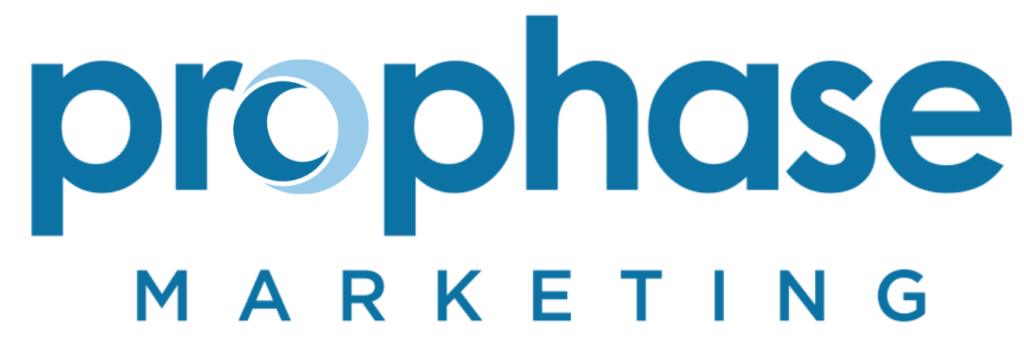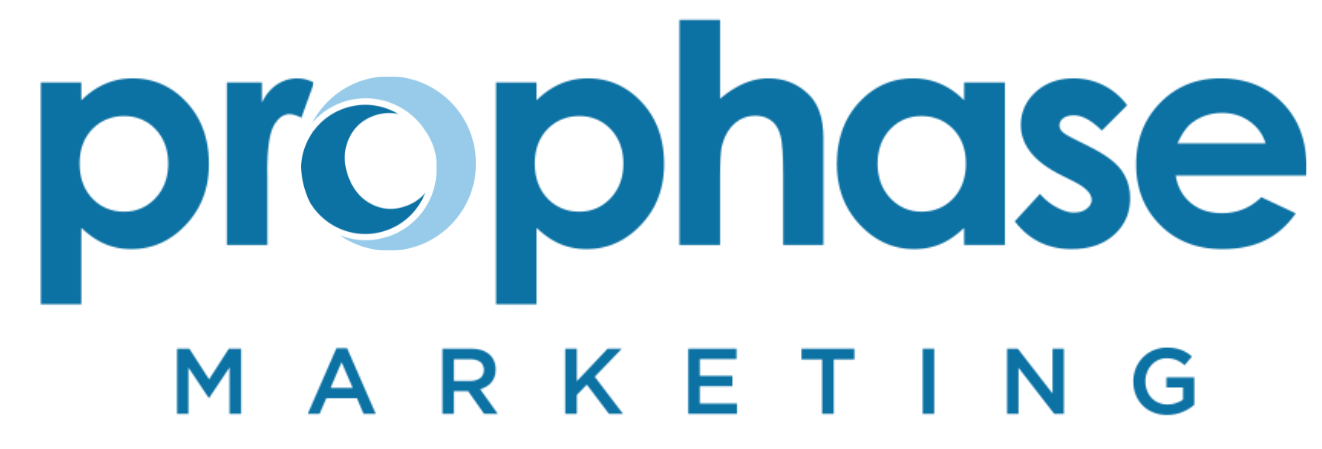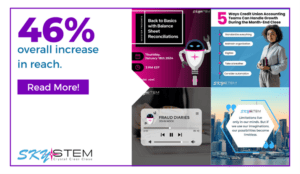The internet is changing. If you were unaware, we’re currently in the “Web 2.0” iteration of the internet. The easiest way to explain the differences between these iterations is summarized best as “Read, Write, and Execute.” Web 1.0, the earliest version of the web, was more about consuming content than adding to it–think Ask Jeeves, Yahoo, AOL, Netscape–these platforms were more about finding categorized, written, or straightforward visual content on the web. Contributing content generally requires specialized skills or technology. The accessibility and transparency of the web were minimal. The transference of content, data, and information both into and out of the net was so limited that today’s internet (not to mention tomorrow) is nearly indistinguishable from those early days.
The modern era, Web 2.0, is defined by social interaction. Now more a social platform than an informative one, the likes of Facebook, Twitter, Tik-Tok, and YouTube have changed the web forever–massive, institutional-sized operations where the content is generated by the users, for the users. The users themselves have become the ‘product,’ with whole business models based on farming and selling user data to gain market insights. Generations of exposure to advertising have left the modern user wary of being ‘sold’ on something–users are brighter, more tech-savvy, and far more aware of being manipulated than in the past. Advertising is based more on Big Data – demographics and categorization of users based on web activity.
Current trends and technology are pushing this Web 2.0 towards its next iteration, The Executable Web, The Personalized Web, The Metaverse – an internet where all the content you see (and feel, hear, and experience) is hyper-personalized based on your behavior online. Technology like virtual reality and augmented reality means the line between the digital world and the real one will become more blurred. Cryptocurrencies and blockchain will allow for a decentralized internet, where users remove trusted intermediaries and replace them with public-facing verification processes and applications. Blockchain means that server-based applications will become a thing of the past, allowing for more privacy for users and less monopolization from mega-corps.
Content in Web 3.0 will be personalized on the user level. 3.0 Content will be based on the individual’s behavior online, but at a far more detailed level and without compromising the individual’s privacy. The content will also be machine-generated as firms, governments, and companies turn to AI and Machine Learning to process massive amounts of this personalized user data. Those machines gain the ability to make decisions based on that data.
What does this mean for small businesses today? It implies that community-building content has never been more critical. Brands that find ways to inject themselves into markets, conversations, or the more significant social consciousness (in a positive way) are finding themselves as more than just the purveyors of a product or service. They build whole networks of loyal customers and brand ambassadors who represent their brands, products, and services on the web. The Forbes Agency Council, a community of execs in public relations, media strategy, and creative ad agencies, has a fantastic article about some of the most successful community-building brands in 2021.
Like any relationship, building a community is all about creating meaningful connections between users. Creating content that resonates with your customers and allows them to connect with your brand AND each other is the firm foundation of building your Brand Community. Social Networks and communication tools enable brands to reach their community at an unprecedented speed. Drum up conversations with your customers, encourage them to get acquainted with your brand, identify mutual interests that resonate within your customer base. Generate content and discussion that makes your brand vulnerable, transparent, and honest — building trust with your community, clients, and customers along the way. Finally, maintain that relationship (and respect it) with consistent and trustworthy content, conversation, offers, and yes–advertising.
Let Prophase Marketing help you navigate Web 2.0 and beyond. We have over 35 years of experience in digital marketing, social media, and direct mail. We can help you and your brand builds those relationships that blossom into a community. Our social media and content creation teams can help you craft the right message for the right time and put your brand on the right platform for success. We can create content in video, images, text, or some combo to perfectly hit the right notes with your customers or clients. Our social media team understands the importance of creating positive experiences, engagement, and community no matter the industry. You can see a list of our social media services on our Social Media or Pricing Page.









